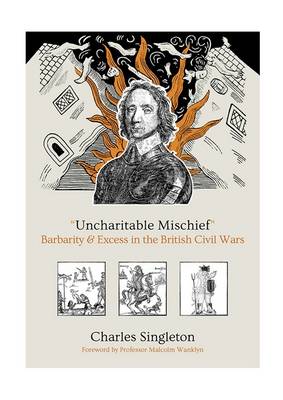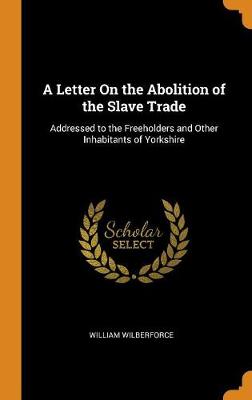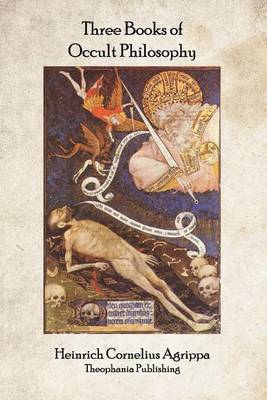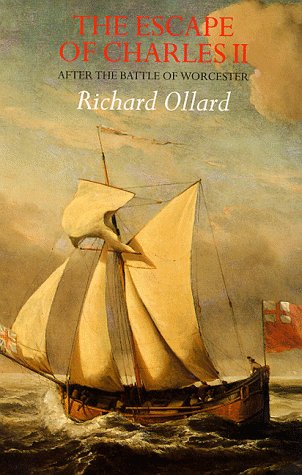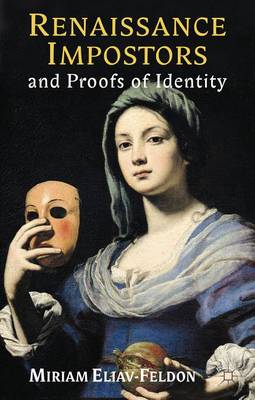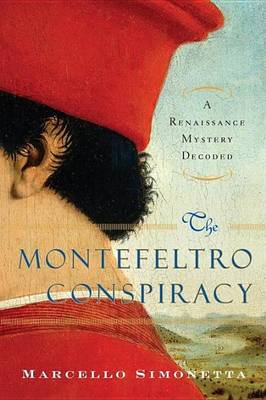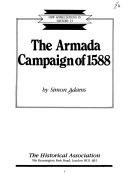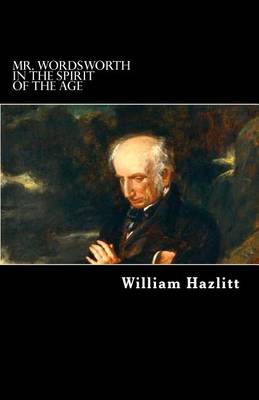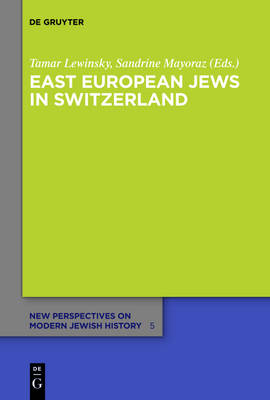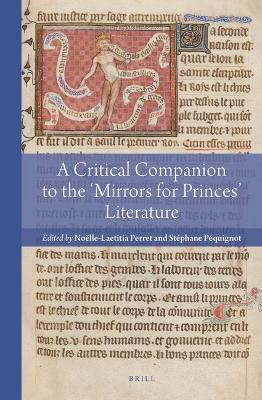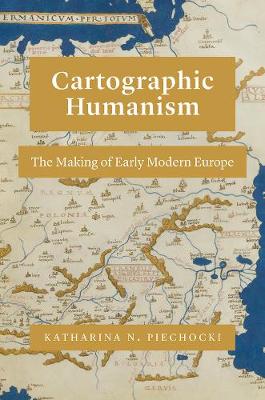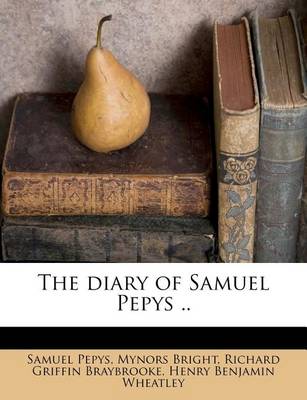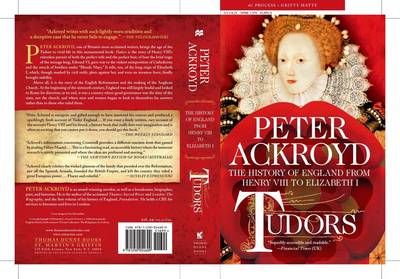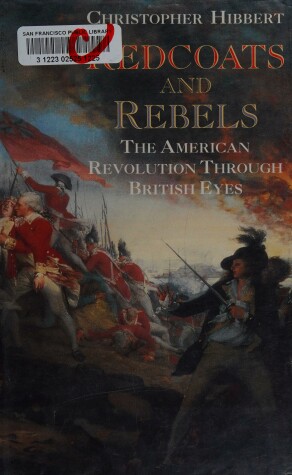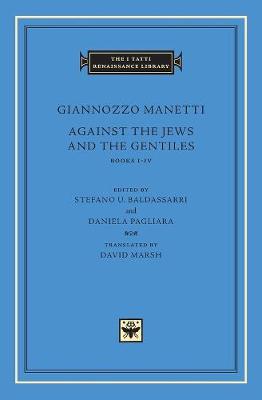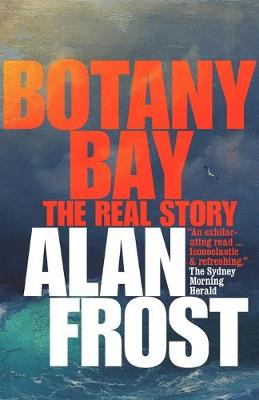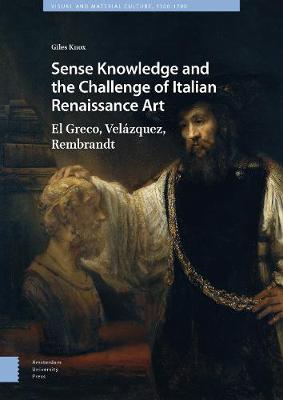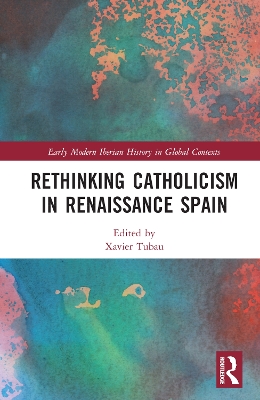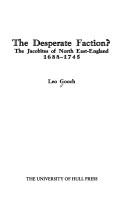"Uncharitable Mischief": Barbarity & Excess in the British Civil Wars
by Charles S. Singleton
A Letter on the Abolition of the Slave Trade (Cambridge Library Collection - Slavery and Abolition)
by William Wilberforce
William Wilberforce (1759-1833) was a politician, philanthropist and evangelical Christian, now best known for his work to end the slave trade. Elected to Parliament in 1780, he campaigned unsuccessfully for penal and electoral reform. In 1787, at the encouragement of William Pitt, he took up the cause of abolition at Westminster, but humanitarian and ethical arguments were slow to overcome the economic interests of those who had made fortunes from the slave trade or the use of slave labour. It...
The Escape of Charles II (History and Politics)
by Richard Lawrence Ollard
Regarded by many as one of the best stories in British history, Charles II''s escape after the battle of Worcester is retold by Richard Ollard. The account covers th e six week period during which the King was on the run. '
The Armada Campaign of 1588 (New appreciations of history, #13)
by Simon Adams
East European Jews in Switzerland (New Perspectives on Modern Jewish History)
During the era of Jewish mass migration from Eastern Europe (from the 1880s until the First World War), Switzerland with its liberal policies on foreigners became a key destination for students, revolutionaries, and travelers. The micro-studies and more general approaches of this volume interweave and facilitate a novel take on the transitory spatial history and the Lebenswelt of East European Jews in Switzerland. Topics range from the location of Switzerland on the map of East European Jewish p...
A Companion to the 'Mirrors for Princes' Literature (Reading Medieval Sources, #7)
Why devote a Companion to the "mirrors of princes", whose very existence is debated? These texts offer key insights into political thoughts of the past. Their ambiguous, problematic status further enhances their interest. And although recent research has fundamentally challenged established views of these texts, until now there has been no critical introduction to the genre. This volume therefore fills this important gap, while promoting a global historical perspective of different “mirrors of...
What is "Europe," and when did it come to be? In the Renaissance, the term "Europe" circulated widely. But as Katharina N. Piechocki argues in this compelling book, the continent itself was only in the making in the fifteenth and sixteenth centuries. Cartographic Humanism sheds new light on how humanists negotiated and defined Europe's boundaries at a momentous shift in the continent's formation: when a new imagining of Europe was driven by the rise of cartography. As Piechocki shows, this tool...
The Diary of Samuel Pepys .. (Dover Books on Literature & Drama) (Modern Library)
by Henry Benjamin Wheatley, Samuel Pepys, and Mynors Bright
Samuel Pepys is as much a paragon of literature as Chaucer and Shakespeare. His Diary is one of the principal sources for many aspects of the history of its period. In spite of its significance, all previous editions were inadequately edited and suffered from a number of omissions--until Robert Latham and William Matthews went back to the 300-year-old original manuscript and deciphered each passage and phrase, no matter how obscure or indiscreet. The Diary deals with some of the most dramatic ev...
Tudors: The History of England from Henry VIII to Elizabeth I (History of England, #2)
by Peter Ackroyd
Ackroyd brings the age of the Tudors to vivid life, charting the course of English history from Henry VIII's cataclysmic break with Rome to the epic rule of Elizabeth I.
Redcoats and Rebels (Penguin Classic Military History S.)
by Christopher Hibbert
This work offers a full-length, popular history of the American War of Independence - the "cruel accursed war" that changed the world forever. The story of this war has usually been told in terms of a conflict between blundering British generals and their rigidly disciplined red-coated troops on the one side, and heroic American patriots in homespun shirts and coonskin caps on the other. Here, the author portrays the realities of a war condemned by thousands of Americans, in which George Washing...
Giannozzo Manetti (1396-1459) was a celebrated humanist orator, historian, philosopher, and scholar of the early Renaissance. Son of a wealthy Florentine merchant, he participated actively in the public life of the Florentine republic and embraced the new humanist scholarship of the quattrocento, oriented to the service of the state and the reform of religion. Mastering not only classical Latin but also Greek and Hebrew, he gained access to a whole library of sources previously unknown in the La...
Expulsion of the Moriscos from Spain (Medieval and Early Modern Iberian World, #56)
The expulsion of the Moriscos from Spain (1609-1614) represents an important episode of ethnic, political and religious cleansing which affected about 300,000 persons. The controversial measure was legimitized by an ideology of religious and political unity that served to defend the expulsion of them all, crypto-Muslims and sincere converts to Christianity alike. The first part focuses on the decision to expel the Moriscos, its historical context and the role of such institutions as the Vatican...
The Women of the British Isles, 1580-1714 (Women And Men In History)
by Anne Laurence
Sense Knowledge and the Challenge of Italian Renaissance Art (Visual and Material Culture, 1300-1700, #17)
by Giles Knox
Giles Knox examines how El Greco, Velaizquez, and Rembrandt, though a disparate group of artists, were connected by a new self-consciousness with respect to artistic tradition. In particular, Knox considers the relationship of these artists to the art of Renaissance Italy, and sets aside nationalist art histories in order to see the period as one of fruitful exchange. Across Europe during the seventeenth century, artists read Italian-inspired writings on art and these texts informed how they con...
Rethinking Catholicism in Renaissance Spain (Early Modern Iberian History in Global Contexts)
Rethinking Catholicism in Renaissance Spain claims that theology and canon law were decisive for shaping ideas, debates and decisions about key political and religious problems in Renaissance Spain. This book studies Catholic thought during the Spanish Renaissance, with the various contributors specifically exploring the ecclesiology and heresiology of the period. Today, these two subjects are considered to be strictly branches of theology, but at the time they were also dealt with in the field...
